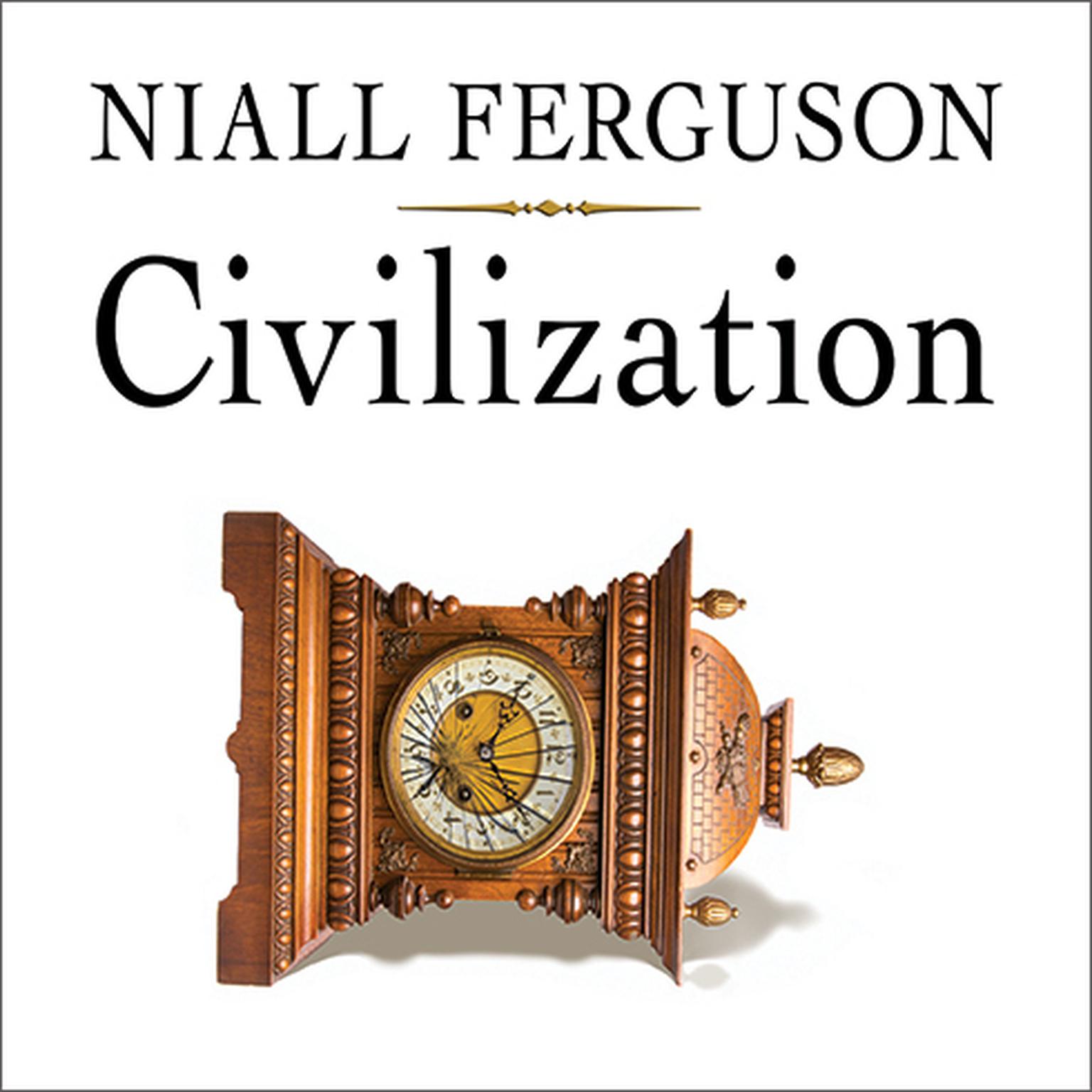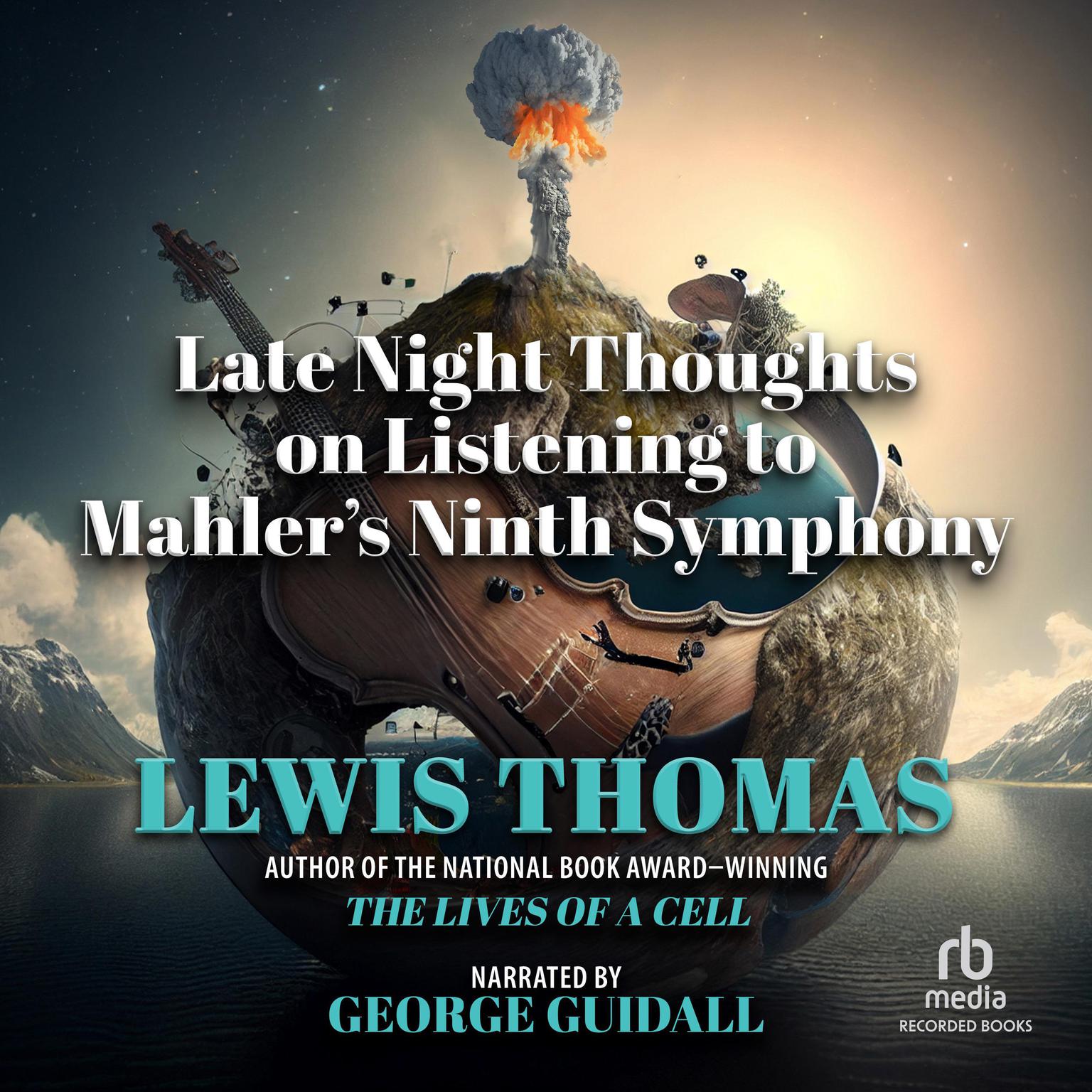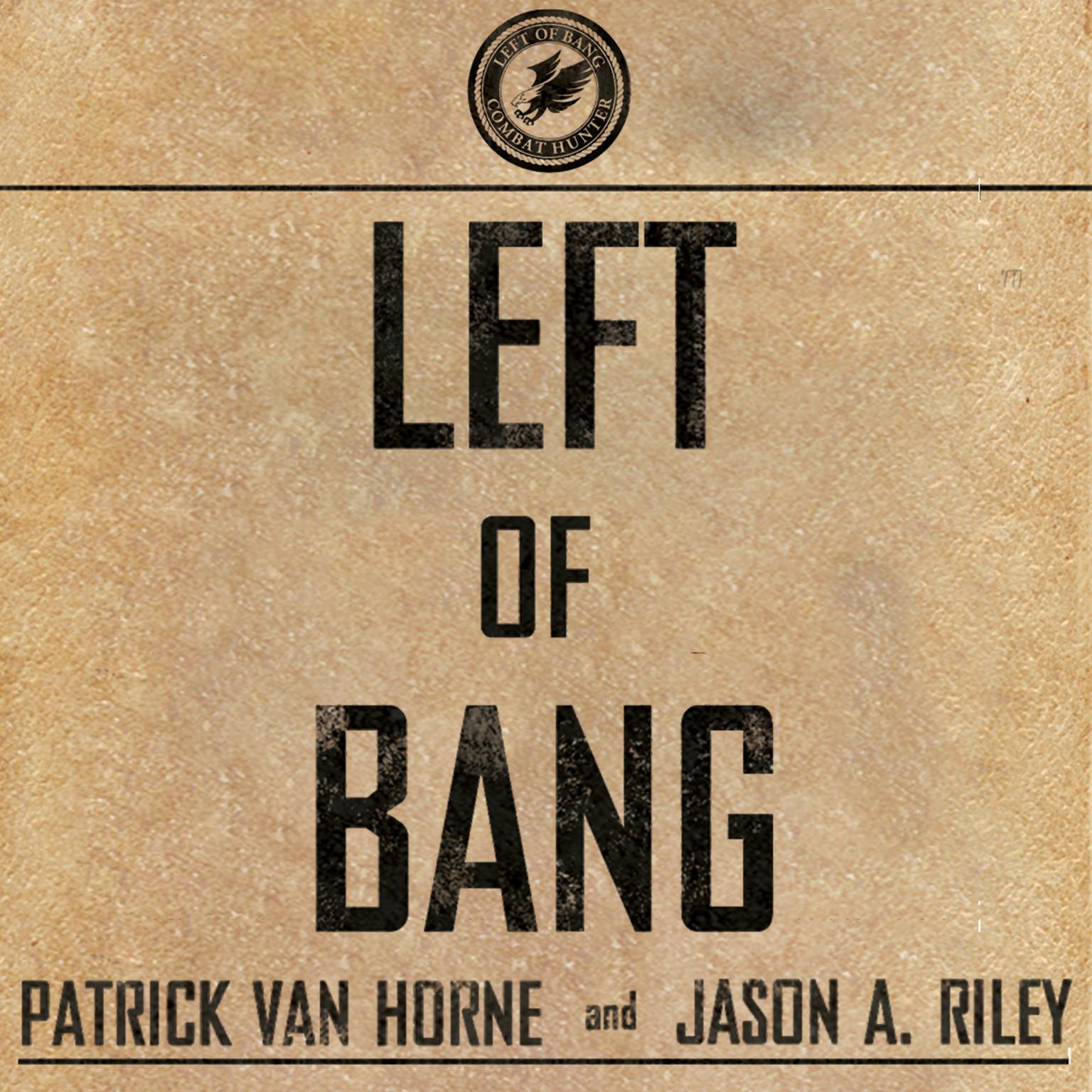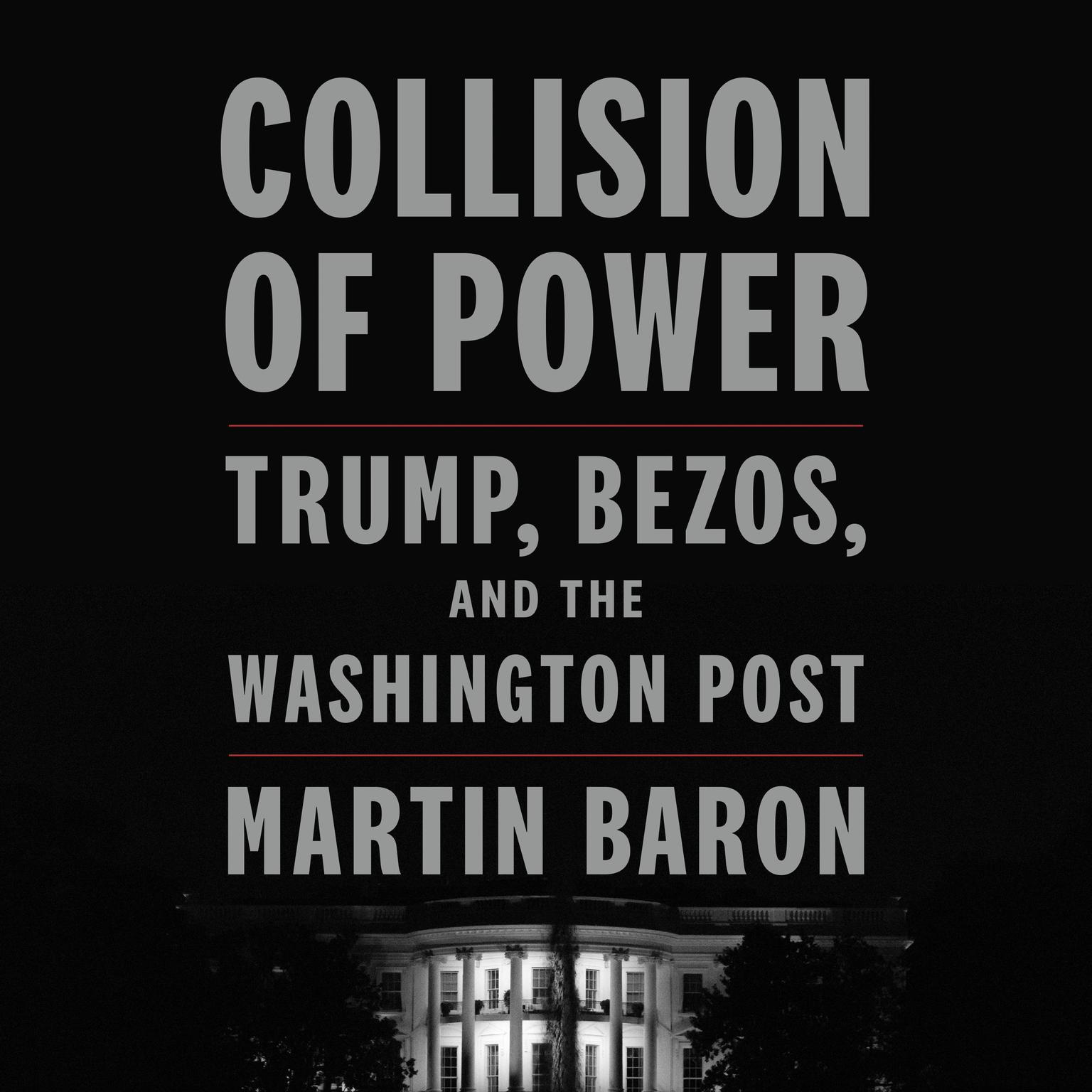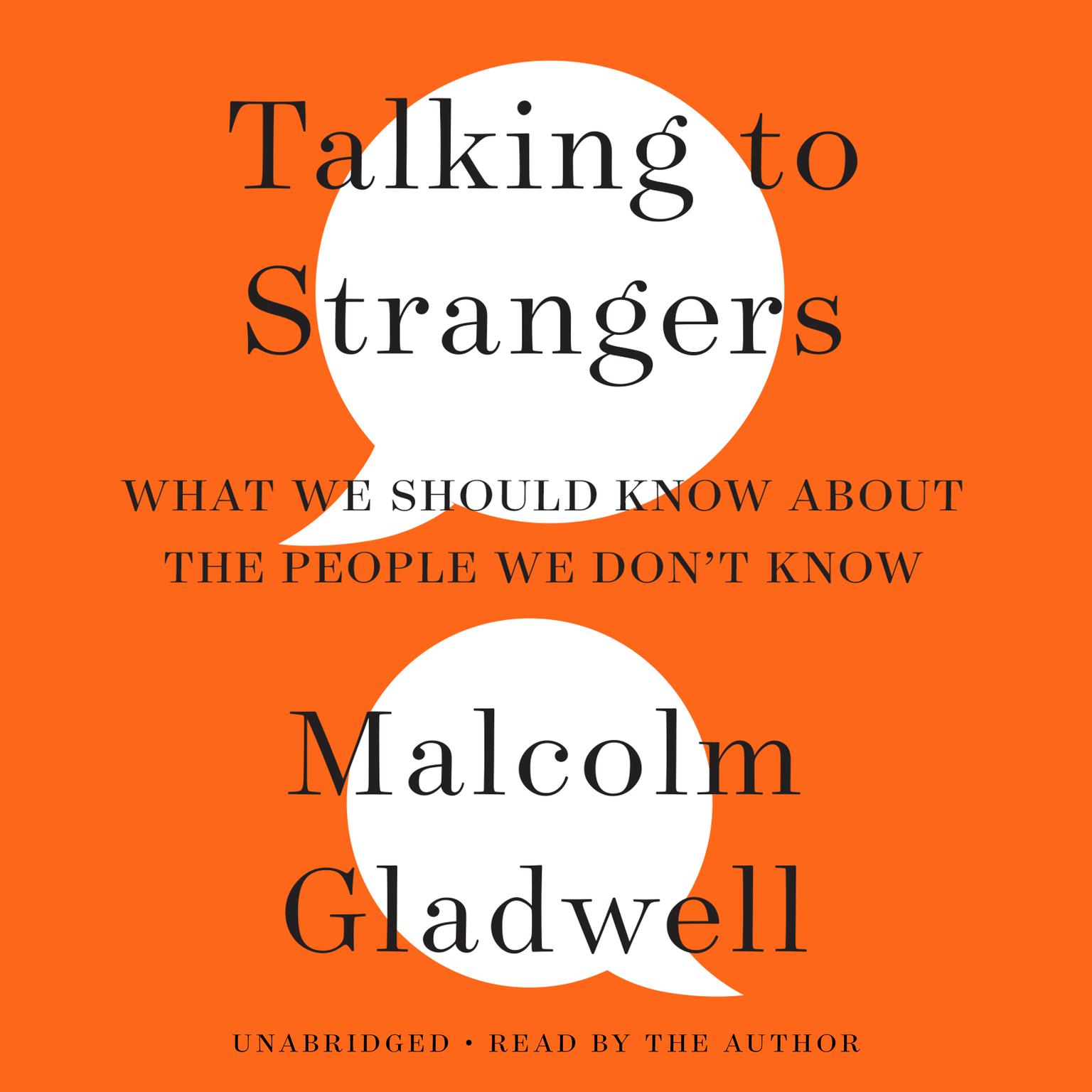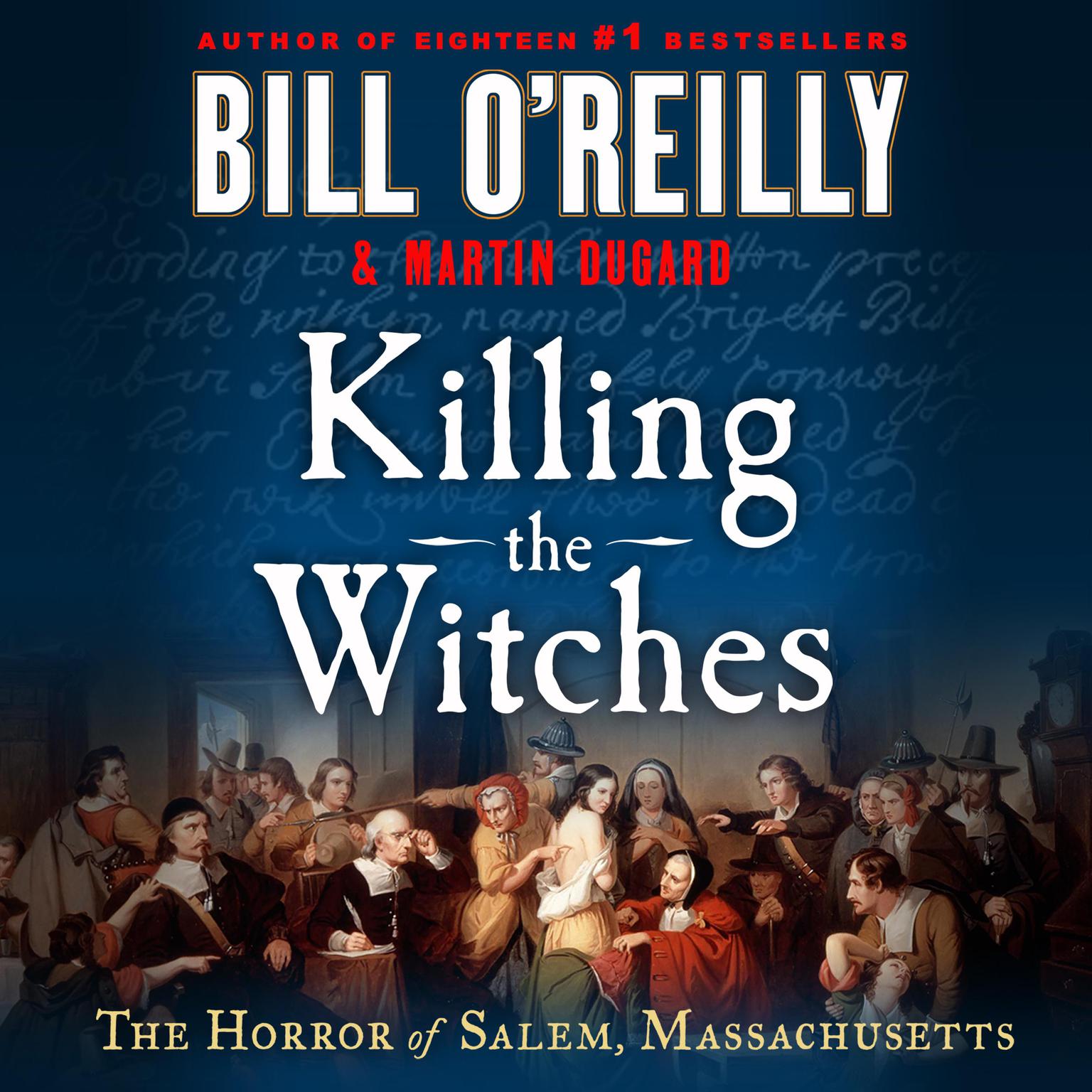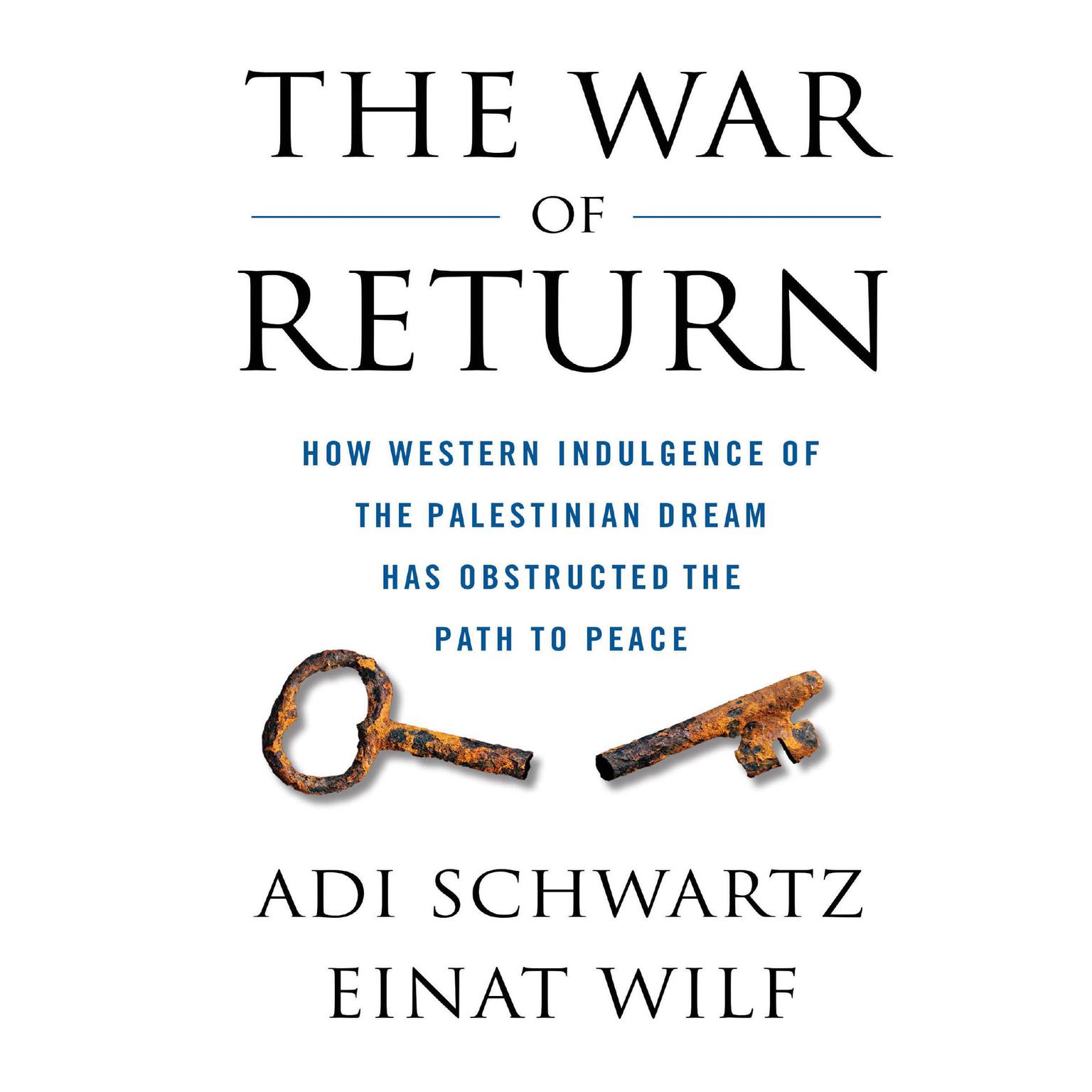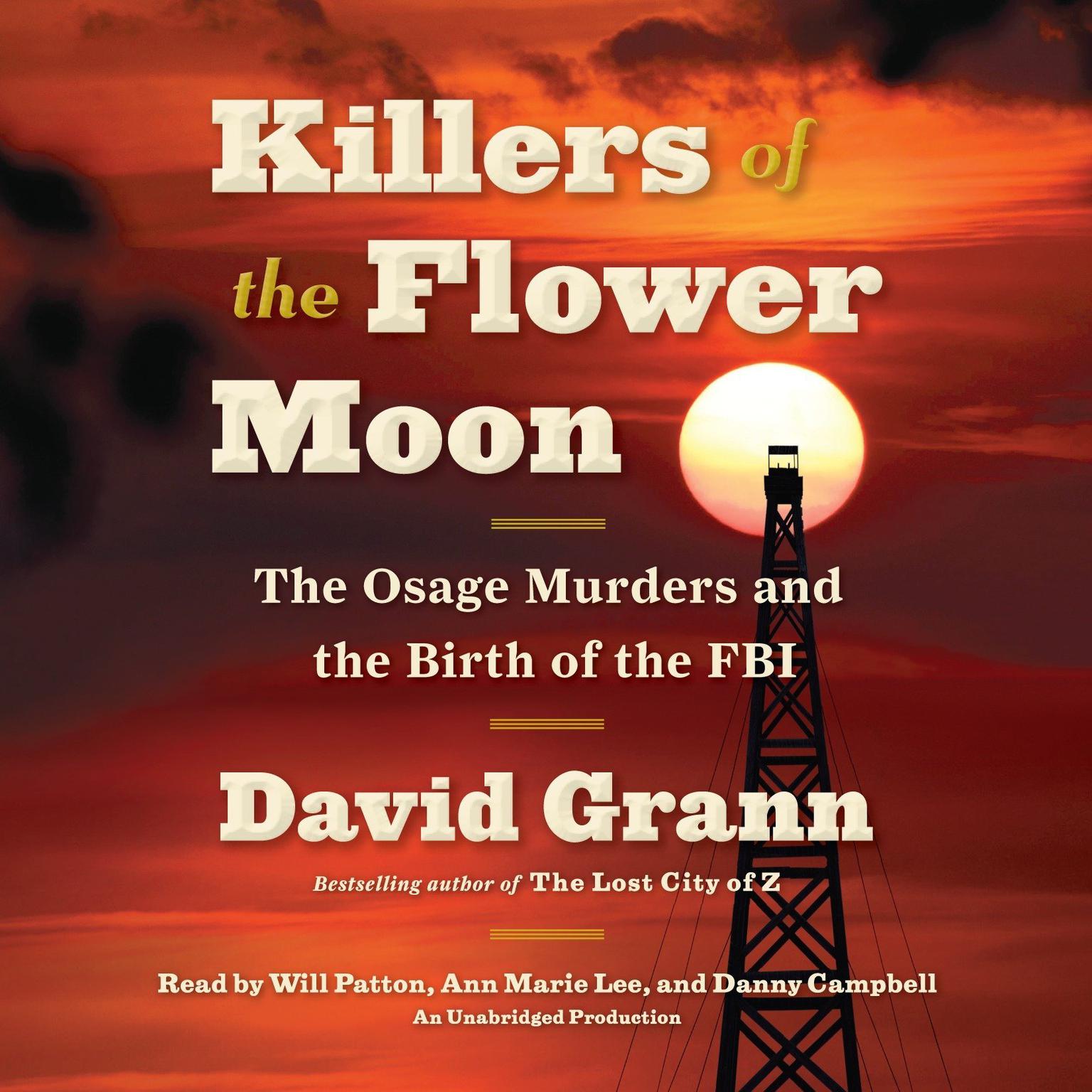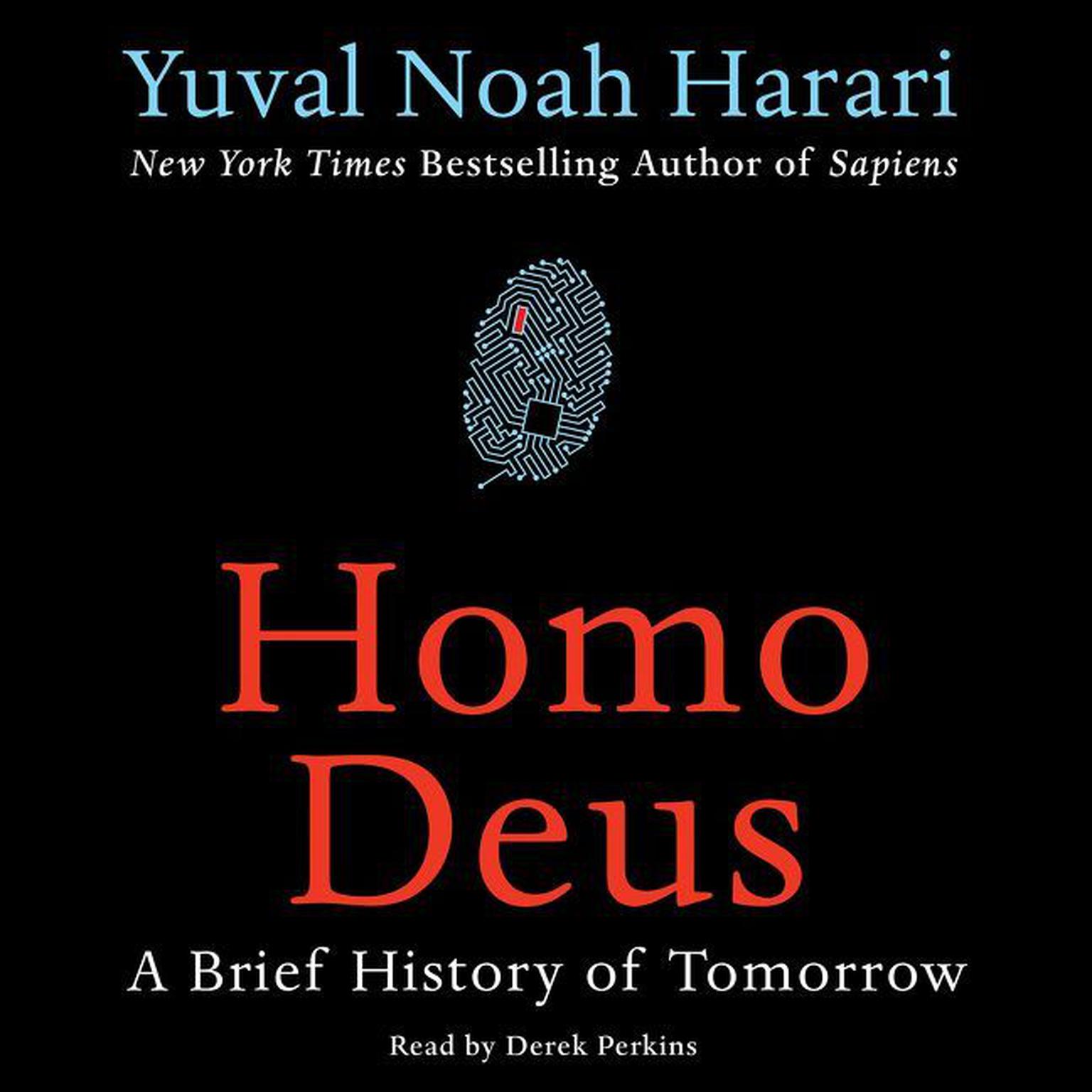Plot Summary
The ascent of Western civilization to worldwide domination is a historical phenomenon unequaled in significance during the past 500 years. Throughout the globe, increasing numbers of people play Western sports, elect Western-style governments, attend Western-style universities, and take Western medicine. Looking back 600 years, however, we find that the kingdoms of Western Europe looked more like trivial backwaters, consumed by constant plaque and warfare. Ottoman Turkey and Ming China were the pinnacle of global civilizations. How was it that these great Eastern empires were overtaken by the backwards West? Is the height of Western influence now behind us?
In Civilization: The West and the Rest, renowned historian Niall Ferguson maintains that, starting in the 15th century, the West introduced six important new ideas that the Rest were still lacking: consumerism, rule of law, science, competition, modern medicine and the work ethic. It was these ‘killer apps’ that enabled the West to jump out ahead of the Rest, developing representative government, capitalizing on new scientific breakthroughs, bringing about the industrial revolution, increasing life expectancy, establishing global trade routes, and experiencing unprecedented increases in human productivity. Ferguson explains specifically how twelve Western empires grew to control 60% of the world’s population, and 80% of the global economy.
In the 21st century, according to Ferguson, Western influence is bound to decline as the Rest have finally installed the killer apps that the enabled the West to achieve its dominance, while the West is literally losing faith in itself.
Marking the ebb and flow of governments along with the clashes of cultures, Ferguson recalls global history with humor and intensity. Well reasoned and populated by compelling characters, Civilization is arguably Ferguson’s greatest work.
Niall Ferguson, MA, D.Phil., is Laurence A. Tisch Professor of History at Harvard University. He is also a Senior Research Fellow at Jesus College, Oxford and a Senior Fellow at the Hoover Institution, Stanford University.
“Why did Western, i.e. European, civilization come to dominate the world for most of the past five hundred years? And can that dominance be taken for granted? Ferguson takes a hard look at why civilizations rise and fall. Big-picture history, full of eyebrow-raising facts and insights.”
—
Sam (4 out of 5 stars)
Publisher Summary
The rise to global predominance of Western civilization is the single most important historical phenomenon of the past five hundred years. All over the world, an astonishing proportion of people now work for Western-style companies, study at Western-style universities, vote for Western-style governments, take Western medicines, wear Western clothes, and even work Western hours. Yet six hundred years ago the petty kingdoms of Western Europe seemed unlikely to achieve much more than perpetual internecine warfare. It was Ming China or Ottoman Turkey that had the look of world civilizations. How did the West overtake its Eastern rivals? And has the zenith of Western power now passed?
In Civilization: The West and the Rest, bestselling author Niall Ferguson argues that, beginning in the fifteenth century, the West developed six powerful new concepts that the Rest lacked: competition, science, the rule of law, consumerism, modern medicine, and the work ethic. These were the “killer applications” that allowed the West to leap ahead of the Rest, opening global trade routes, exploiting newly discovered scientific laws, evolving a system of representative government, more than doubling life expectancy, unleashing the Industrial Revolution, and embracing a dynamic work ethic. Civilization shows just how fewer than a dozen Western empires came to control more than half of humanity and four fifths of the world economy.
Yet now, Ferguson argues, the days of Western predominance are numbered—not because of clashes with rival civilizations, but simply because the Rest have now downloaded the six killer apps we once monopolized—while the West has literally lost faith in itself.
Civilization does more than tell the gripping story of the West’s slow rise and sudden demise; it also explains world history with verve, clarity, and wit. Controversial but cogent and compelling, Civilization is Ferguson at his very best.
Download and start listening now!
